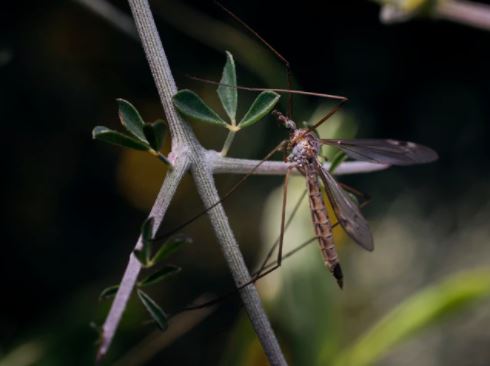Colombo, July 11 (DailyMirror) – Sri Lanka should be vigilant on inbound visitors from India who are infected with the ‘Zika’ virus as there are many possibilities that the virus could spread among the locals, Consultant Pediatrician of the Lady Ridgeway Hospital for Children (LRH) Dr. Deepal Perera said.
He told the Daily Mirror that the health authorities in the Indian state of Kerala have declared a state of alert recently in all districts after having detected 14 cases with Zika virus.
For similar articles, join our Whatsapp group for the latest updates. – click here
“The Zika virus is primarily transmitted by the bite of an infected mosquito from the ‘Aedes genus’ which are active during the day. Aedes is a genus of mosquitoes originally found in the tropical and subtropical zones.
Our country is fortunate not to have Zika disease as yet, but we are vulnerable to the disease because both species of aedes, aegypti and albopictus density help to transmit the virus is not low in the country.
The aedes mosquitoes found in Sri Lanka and the similar type of mosquito that transmits the dengue virus to humans as well, “Dr. Perera said.
“The symptoms after getting infected with the Zika virus are generally mild fever, rash, conjunctivitis, muscle and joint pain, malaise or headache. Symptoms typically last for 2–7 days. Most people with Zika virus infection do not develop symptoms, “Dr. Perera said.
“The most important thing is prevention from getting infected by the virus during pregnancy. Zika virus infection during pregnancy can cause infants to be born with microcephaly and other congenital malformations, known as congenital Zika syndrome.
Infection with Zika virus is also associated with other complications of pregnancy, including preterm birth and miscarriage, ” Dr. Perera said.
According to the reports of the World Health Organisation (WHO), the Zika virus is a mosquito-borne flavivirus that was first spotted in Uganda in 1947 in monkeys. It was later found in humans in 1952 in Uganda and Tanzania.
Outbreaks of Zika viral disease have been recorded in Africa, the Americas, Asia and the Pacific. From the 1960s to 1980s, rare and sporadic cases of human infections were found across Africa and Asia, typically accompanied by mild illness.
Subscribe to our Whatsapp channel for the latest updates on the news you need to know





























































